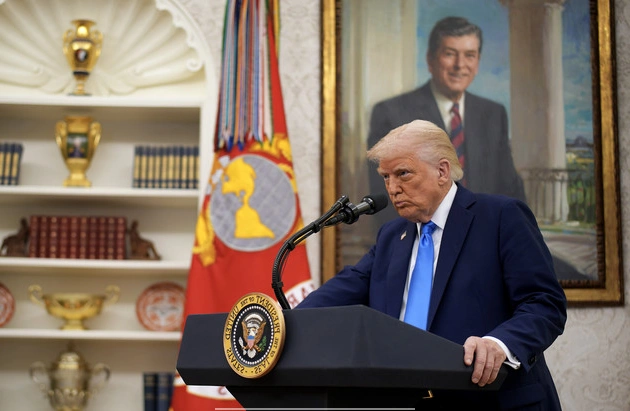
Introduction: Trump’s Trade War Strategy
President Donald Trump is forging ahead with his controversial trade war tactics, claiming progress on deals with key international partners to ease market tensions and validate his tariff approach.
As markets experienced a brief respite, Trump and Treasury Secretary Scott Bessent hinted at forthcoming agreements with South Korea, Japan, Vietnam, and other significant trading allies.
Current Status of Trade Deals
Despite Trump’s optimism, actual agreements have yet to materialize. China, a major player, remains steadfast in its resistance to Trump’s tariff pressures.
In a recent social media post, Trump hinted at an imminent “great deal” with South Korea, indicating ongoing negotiations and mutual benefits.
Trump’s administration is also engaging with various other nations seeking favorable trade terms with the United States.
Challenges with China and Tariff Escalation
China’s response to Trump’s tariffs has been swift and assertive, retaliating in kind and escalating tensions. Trump, in turn, threatened further tariff hikes in response.
Despite the tough rhetoric, Trump suggested potential for a deal with China, emphasizing mutual interest in reaching an agreement.
Public Perception and Economic Impact
Americans’ confidence in Trump’s economic management is waning, with polls showing disapproval of his tariff policies. This sentiment reflects broader concerns about the economic repercussions of the trade war.
Notable figures like Elon Musk have criticized Trump’s trade advisors, highlighting divisions within the business community over tariff strategies.
The Administration’s Stance
Top officials, including Vice President JD Vance, continue to defend the tariff approach, dismissing critics and emphasizing the importance of reshaping trade dynamics.
While dissent and skepticism persist, the administration remains resolute in its pursuit of redefining America’s trade relationships.











